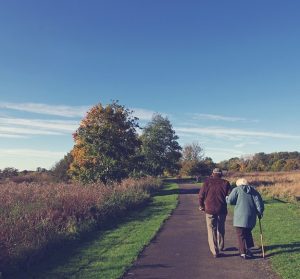Recent news and updates
Chronic Sinusitis
Background
One of the common health complaints of the elderly is chronic sinusitis. About 14.1% of Americans 65 and older report suffering from chronic sinusitis; for those 75 years and older, the rate is slightly lower at 13.5% (American Academy of Otolaryngology, 2012). Age-related physiological and functional changes that occur can cause restrictions to the airflow. This results from irritants blocking drainage of the sinus cavities, leading to infection.
Warning Signs
Symptoms include a severe cold, sneezing, cough (that is often worse at night), hoarseness, diminished sense of smell, discolored nasal discharge, postnasal drip, headache, facial pain, fatigue, malaise, and fever (Kelley, 2002). The person may complain of pain around the sinus areas, and swelling and redness of the nasal mucosa may be evident.
Diagnosis
Allergies, common cold, and dental problems should be ruled out for differential diagnosis. When symptoms continue over a period of weeks and up to 3 months and are often recurring, chronic sinusitis should be suspected. A CT scan of the sinuses will likely show areas of inflammation.
Treatment
Treatment for chronic sinusitis is with antibiotics, decongestants, and analgesics for pain. Inhaled corticosteroids may be needed to reduce swelling and ease breathing. Irrigation with over-the-counter normal saline nose spray is often helpful and may be done two to three times per day. The person with chronic sinusitis should drink plenty of fluids to maintain adequate hydration and avoid any environmental pollutants such as cigarette smoke or other toxins. Chronic sinusitis is a condition that many older adults wrestle with their entire life. Avoidance of precipitating factors for each individual should be encouraged.
http://www.mayoclinic.com/health/chronic-sinusitis/DS00232/DSECTION=risk-factors/
Adapted from Mauk, K. L., Hanson, P., & Hain, D. (2014). Review of the management of common illnesses, diseases, or health conditions. In K. L. Mauk’s (Ed.) Gerontological Nursing: Competencies for Care. Sudbury, MA: Jones and Bartlett Publishers. Used with permission.





